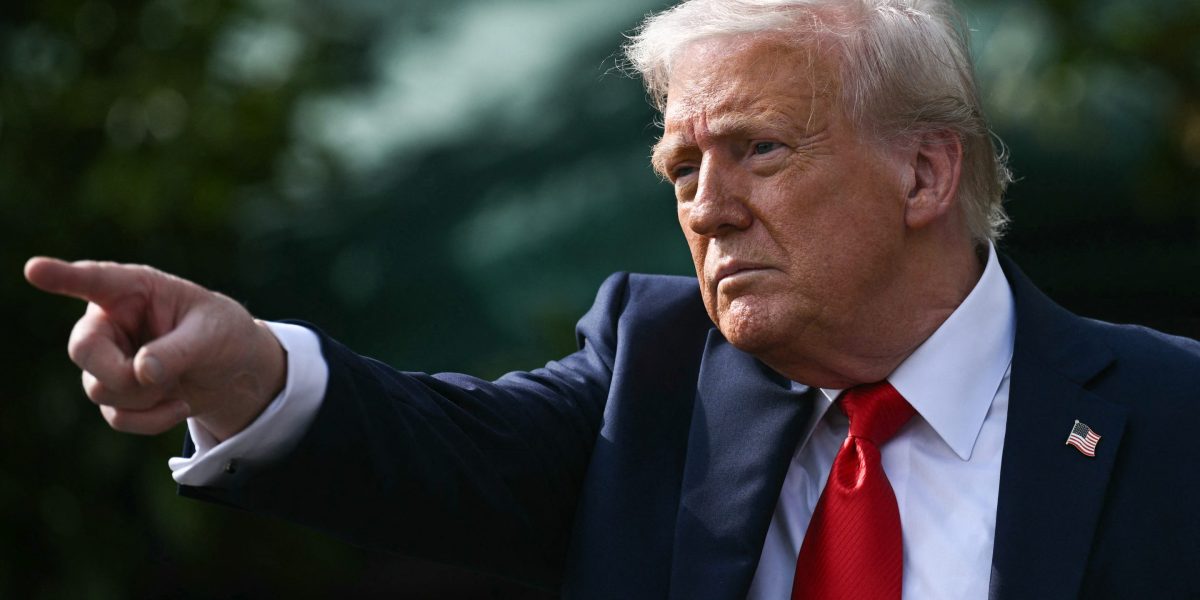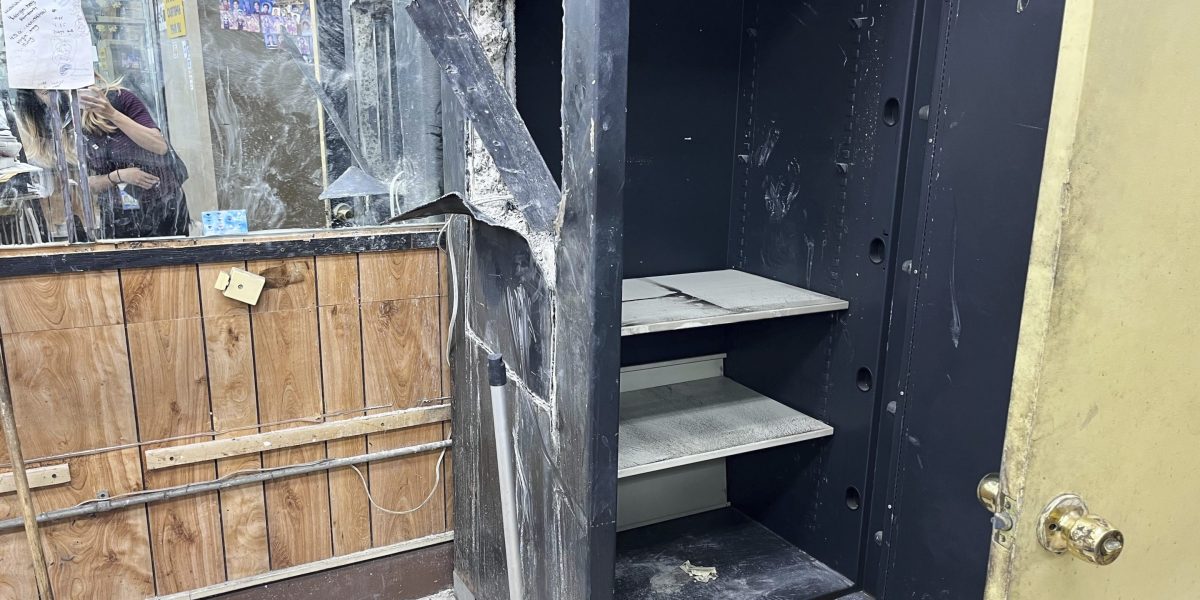President Donald Trump’s pitch has been bringing jobs back to the U.S. But a growing number of Americans would rather search for employment outside the U.S. amid the changing political landscape.
Americans made up 8.5% of foreigners interested in U.K. jobs in the first three months of 2025, an increase of 2.4 percentage points compared to a year ago. That makes Americans the fastest-growing U.K.-interested job group, and puts them not far behind leader India (11.3%), according to job search site Indeed.
The renewed interest from the U.S. comes amid a slew of policy shifts from the White House.
After Trump’s axing of billions in federal research funding, which has impacted the broader field of academia, more U.S. applicants in scientific research and management were clicking on job postings in Britain, Bloomberg reported Tuesday.
A recent survey by the science journal Nature found that 75% of its 1,600 respondents, who were scientists, were mulling leaving the U.S. for Europe or Canada because of President Trump’s actions.
The crackdown has attracted attention beyond the scientific community in some cases, such as recent White House moves against the world-renowned Harvard University. The Trump administration froze $2.2 billion in multi-year government grants to Harvard because the university refused to comply with policy changes regarding diversity, hiring, and more.
The brain drain seems to be due to Americans looking for avenues of greater freedom and stability, Richard White, a University of Oxford oncology professor, told Bloomberg.
“Back in the U.S., the U.K. is now considered the stable place to do scientific research. If people have this sense that things could be more stable elsewhere, that’s where they’ll go,” said White, who relocated from New York in 2022.
Europe’s chance
Others have also noticed the tide turn as more people consider their options overseas.
Yann LeCun, chief AI scientist at Meta, warned in a LinkedIn post last month that “many U.S.-based scientists are looking for a Plan B.” This could be Europe’s chance to scoop up top American talent given that the U.S. was “destroying its public research funding system,” LeCun said.
Europe seems prepared to receive the talent outflow. In January, days after Trump was officially sworn in as president, European Central Bank’s Christine Lagard highlighted the opportunity, saying the region could lure some of America’s “disenchanted” talent.
Paul Graham, a computer scientist and cofounder of startup accelerator Y Combinator, wrote in a post on X that a foreign-born undergraduate student in the U.S. asked him if he should establish his startup in the U.K. given “the random deportations.”
He responded by saying that doing so “would be an advantage in recruiting.”
“What an interesting twist of history it would be if the U.K. became a hub of intellectual refugees the way the U.S. itself did in the 1930s and 40s. It wouldn’t take much more than what’s already happening,” Graham, who was born in the U.K. and studied in the U.S., said in the post from Tuesday.
European and U.K. challenges
To be sure, the U.K. and Europe have their own fair share of challenges, from low productivity and a smaller startup ecosystem to rising right-wing extremism. Even still, they seem like better options for some candidates than Trump’s America.
While some Americans have shown their eagerness to move from the U.S. through job applications, others have done so by tapping on their eligibility for citizenship elsewhere.
U.K. Home Office data pointed to a 26% increase in U.S. nationals applying for British citizenship in 2024 compared to a year earlier. And even for those who aren’t qualified to jump ship, the avenue to move to the U.K. seems more tempting now.
“[Some] Americans are now looking for a way to come here short of citizenship, to at least get into the country and leave the U.S.,” Ed Wanambwa, partner at law firm Russell-Cooke, specializing in U.K. immigration law, told Fortune last month.
This story was originally featured on Fortune.com
Source link


 Entertainment8 years ago
Entertainment8 years ago
 Politics8 years ago
Politics8 years ago
 Entertainment8 years ago
Entertainment8 years ago
 Entertainment8 years ago
Entertainment8 years ago
 Tech8 years ago
Tech8 years ago
 Tech8 years ago
Tech8 years ago
 Tech8 years ago
Tech8 years ago
 Tech8 years ago
Tech8 years ago






